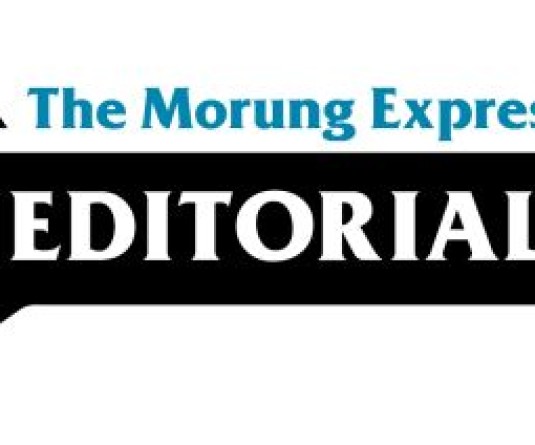
Behind the façade of uniformity in every government or organization, there are real people with a wide spectrum of reasons for maintaining rank with the hierarchy of orders. Often these reasons have more to do with basic human wants of convenience, survival and self-interest, rather than ideological affinities. It is essential to try and understand the motivating factors which serve the interest of people at the helm of affairs. The more one understands the source of their motivations and interest, the better the opportunities to address issues, instead of ‘second guessing.’ This requires setting aside speculations and stereotype images which tend to dismiss any room for bridging understanding.
A deeper understanding of what motivates people to do what they are doing to maintain a façade of uniformity, especially in the context of a government, enables reflective discourse for social change. For instance, it was a matter of colonial policy to choose and organize the military along sectarianism and ethnicity. Similarly, colonial governments offered substantial benefits to those who cooperated with them in dominating their own people. Colonial policies were introduced with the intent of divide and rule, derived from the key principle of “Avoiding undifferentiated assault on the opposition; instead offering significant benefits to carefully selected members of the opposing group.”
Communication is difficult and sometimes impossible in situations of conflict and hence it is imperative for leaders to carefully nurture and create opportunities to build relationship with the people. Unfortunately only few leaders actually recognize the urgency of this task since they are focused primarily on addressing the issues concerning the apparent lines of conflict. Subsequently, they miss out on the need to take seriously the gravity of strengthening relation with the people. All too often differences grow out of misunderstandings which could easily have been prevented by adopting simple measures to strengthen effective communication, consultation and participation.
The challenge lies in transforming discussions to an ongoing process of dialogue which involves action and reflection; and a paradigm shift from a monologue to a dialogue. This is however not easy to accomplish and necessitates the need to differentiate consultation and public rallying. While public rallying and consultation are interrelated with both having important functions, they is however a fine dividing line. Public rallying is to create space for expressing support to an idea, whereas genuine dialogue is to secure honest and critical suggestions and opinions on decisions whose outcome has not yet been fully determined.
While it is not possible to completely avoid making grave and even fatal errors in situations of conflict, it demands political courage for leaders to lead the way by taking responsibilities for their actions and by initiating processes that elevate the moral spirit and political imagination in fostering an understanding of purpose towards realizing a secure and dignified future.
A deeper understanding of what motivates people to do what they are doing to maintain a façade of uniformity, especially in the context of a government, enables reflective discourse for social change. For instance, it was a matter of colonial policy to choose and organize the military along sectarianism and ethnicity. Similarly, colonial governments offered substantial benefits to those who cooperated with them in dominating their own people. Colonial policies were introduced with the intent of divide and rule, derived from the key principle of “Avoiding undifferentiated assault on the opposition; instead offering significant benefits to carefully selected members of the opposing group.”
Communication is difficult and sometimes impossible in situations of conflict and hence it is imperative for leaders to carefully nurture and create opportunities to build relationship with the people. Unfortunately only few leaders actually recognize the urgency of this task since they are focused primarily on addressing the issues concerning the apparent lines of conflict. Subsequently, they miss out on the need to take seriously the gravity of strengthening relation with the people. All too often differences grow out of misunderstandings which could easily have been prevented by adopting simple measures to strengthen effective communication, consultation and participation.
The challenge lies in transforming discussions to an ongoing process of dialogue which involves action and reflection; and a paradigm shift from a monologue to a dialogue. This is however not easy to accomplish and necessitates the need to differentiate consultation and public rallying. While public rallying and consultation are interrelated with both having important functions, they is however a fine dividing line. Public rallying is to create space for expressing support to an idea, whereas genuine dialogue is to secure honest and critical suggestions and opinions on decisions whose outcome has not yet been fully determined.
While it is not possible to completely avoid making grave and even fatal errors in situations of conflict, it demands political courage for leaders to lead the way by taking responsibilities for their actions and by initiating processes that elevate the moral spirit and political imagination in fostering an understanding of purpose towards realizing a secure and dignified future.





